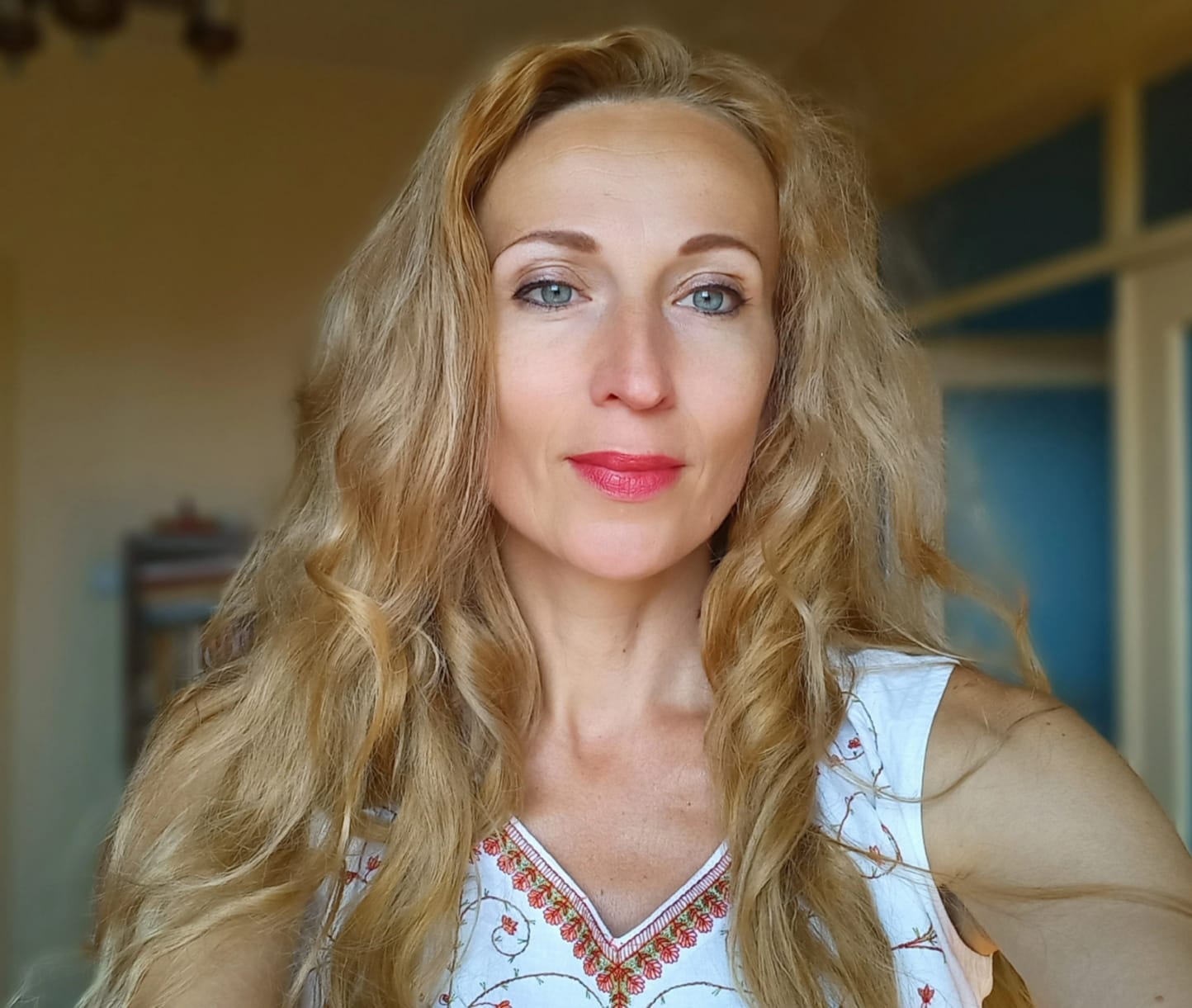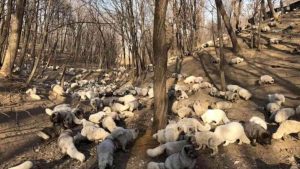
online teaching. Photo by Tenzin Choejor. From dalailama.com
His Holiness the Dalai Lama began a two-day online teaching on the Ornament of Sutras of the Great Vehicle (Skt: Mahayana-Sutra-Alankara; Tib: Dodhe Gyen), one of the Five Treatises of Maitreya (Tib: Jamcho De Nga), on Thursday, at the request of Russian Buddhists.
The program, conducted by video link from His Holiness’ residence Thekchen Choling in Dharamsala, northern India, was organized by Datsang Rinpoche Bagsha (Buryatia), the central khurul of Kalmykia, the Golden Abode of Shakyamuni Buddha, the Administration of the Kamby Lama of the Tuva Republic, the Save Tibet Foundation (Moscow), and the Center of Tibetan Culture and Information (Moscow).
The Dalai Lama has offered teachings for Russian Buddhists since 2009 at the request of Ven. Elo Rinpoche, abbot of Datsan Rinpoche Bagsha, the shajin lama (head lama) of Kalmykia, and Telo Tulku Rinpoche, who is the Dalai Lama’s representative in Russia, Mongolia, and CIS countries, with the support of the kamby lama, the most senior Buddhist monastic in the Tuva Republic. This year’s teaching for Buddhists in Russia was held online for a second time due to the COVID-19 pandemic.
At the beginning of the virtual teaching, Telo Tulku Rinpoche expressed gratitude to the Dalai Lama. He pointed out that this was the 13th consecutive year that His Holiness had taught Russian Buddhists and the second occasion that the teaching had taken place online.

The program continued with a recitation of the Heart Sutra in the Tuvan language, led by Gelek Natsyk Dorju, the Ninth Kamby Lama of the Tuvan people, from Tsechenling Buddhist temple in the capital Kyzyl. A recitation of the Heart Sutra in the Buryat language followed, led by Yelo Rinpoche, from Datsan Rinpoche Bagsha in Ulan-Ude.
At the beginning of his teaching, the Dalai Lama noted that the Madhyamaka philosophy of the Middle Way has been preserved only among Tibetans and Mongolians. He observed that it was an honor for him to offer teachings to Buddhists from Russia and the Buddhist republics of the Russian Federation, and he urged all Buddhists to preserve their traditions, combining faith with reason and rigorous study: “Now is a time when we must make an effort to keep our traditions alive. I’d like to request you to work hard to study and preserve them.” (His Holiness the 14th Dalai Lama of Tibet)
His Holiness then read verses from the first chapter of the Ornament of Sutras of the Great Vehicle and answered several questions from the audience. His responses concerned the Buddhist sangha, karma, all-encompassing yoga, among other topics. The Dalai Lama noted that all people wish to be happy, but because of our selfish attitudes we face problems, which is why it is favorable to wish for sentient beings to find happiness and the causes of happiness.
The Dalai Lama also discussed neutrality of mind at the time of death and, related to this subject, the innate mind of clear light and emptiness. He examined the four mindfulnesses,* which involve withdrawing the mind and cultivating mindfulness of body, feeling, mind, and phenomena.
At the end of the first day of his teaching, His Holiness urged Russian Buddhists to reflect on what they had learned.
* Deliberate mindfulness (Tib: tsol che kyi drenpa), effortless mindfulness (Tib: tsol me kyi drenpa), genuine mindfulness (Tib: yangdakpe drenpa), supreme king-like mindfulness (Tib: dren chok gyalpo).
See more
Ornament of Sutras of the Great Vehicle – First Day (His Holiness the 14th Dalai Lama of Tibet)
Учения Его Святейшества Далай-ламы для буддистов России―2021 (Сохраним Тибет!)
Related news reports from Buddhistdoor Global
Dalai Lama Begins Three-day Online Teaching for Russian Buddhists
Dalai Lama Joins First Interactive Conversation with Russian Students
Dalai Lama Holds Dialogue with Russian Scientists on Research into Buddhist Thukdam Meditation
Dalai Lama Offers Buddha Statues to Buddhist Temples in Russia
Dalai Lama Joins Second Dialogue between Russian Scientists and Buddhist Scholars












